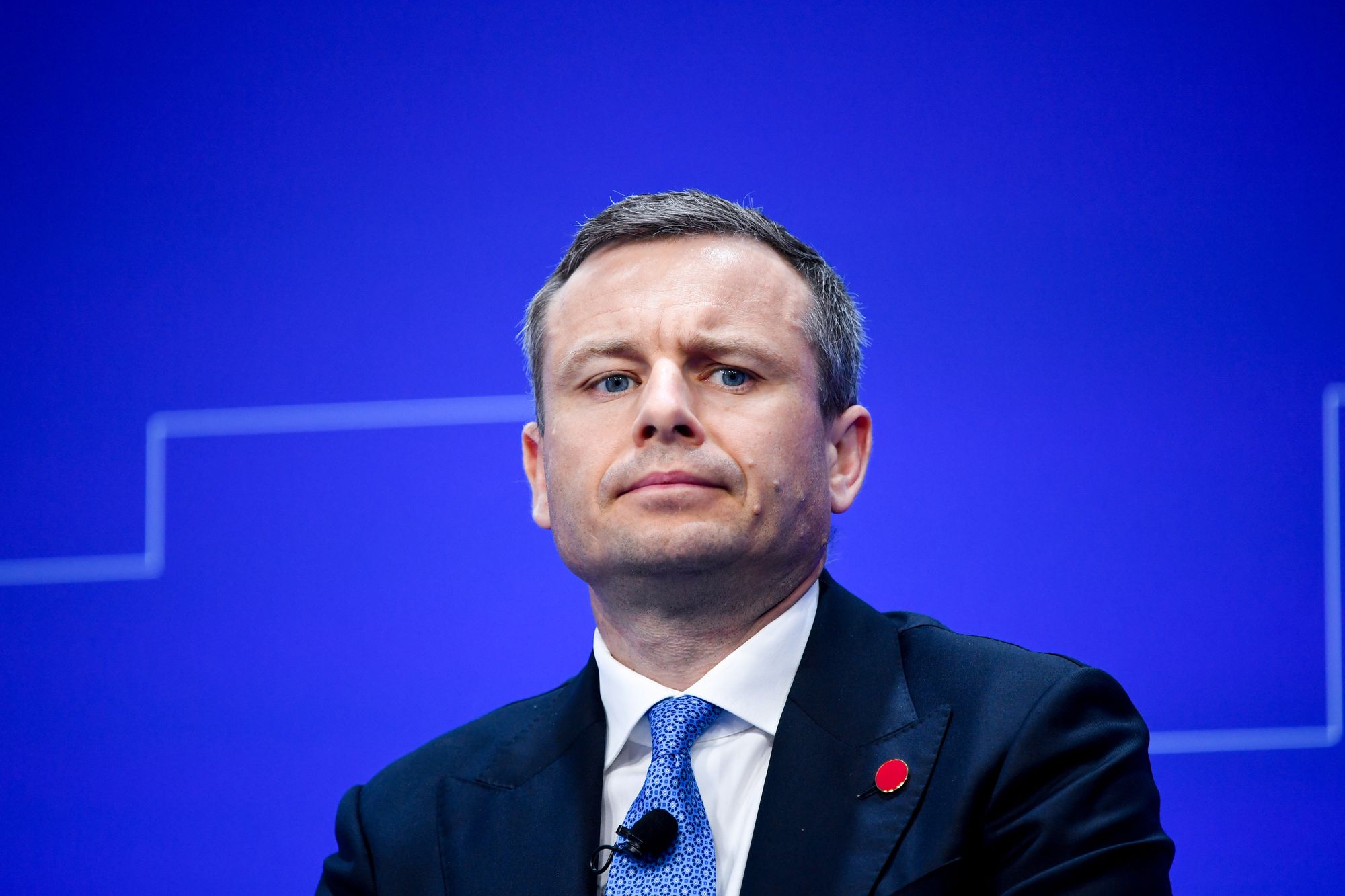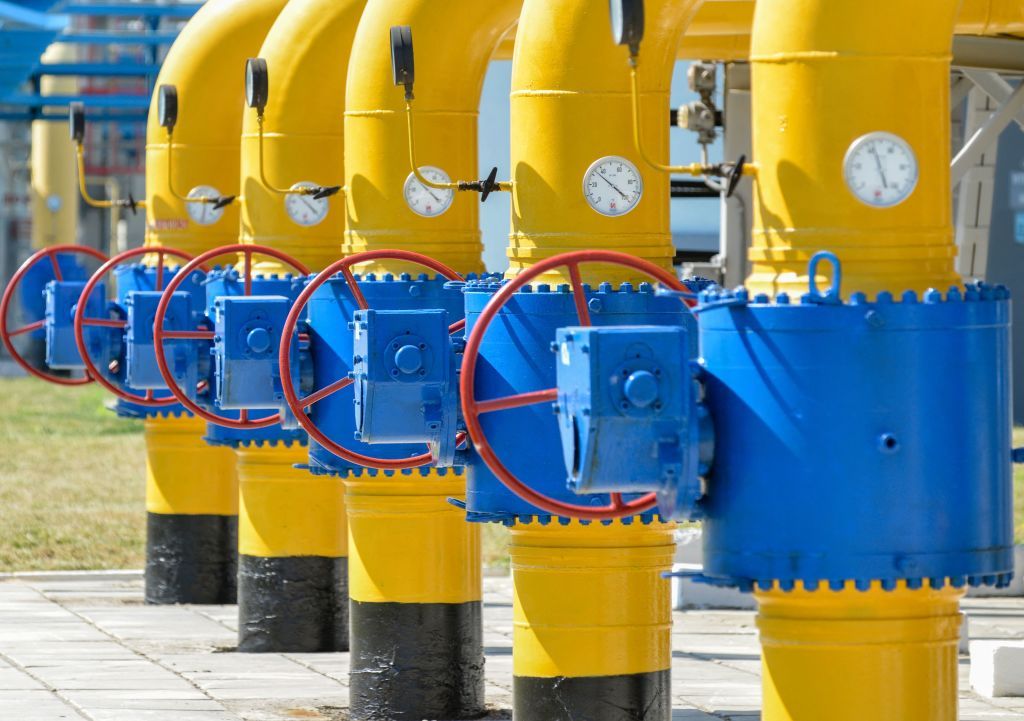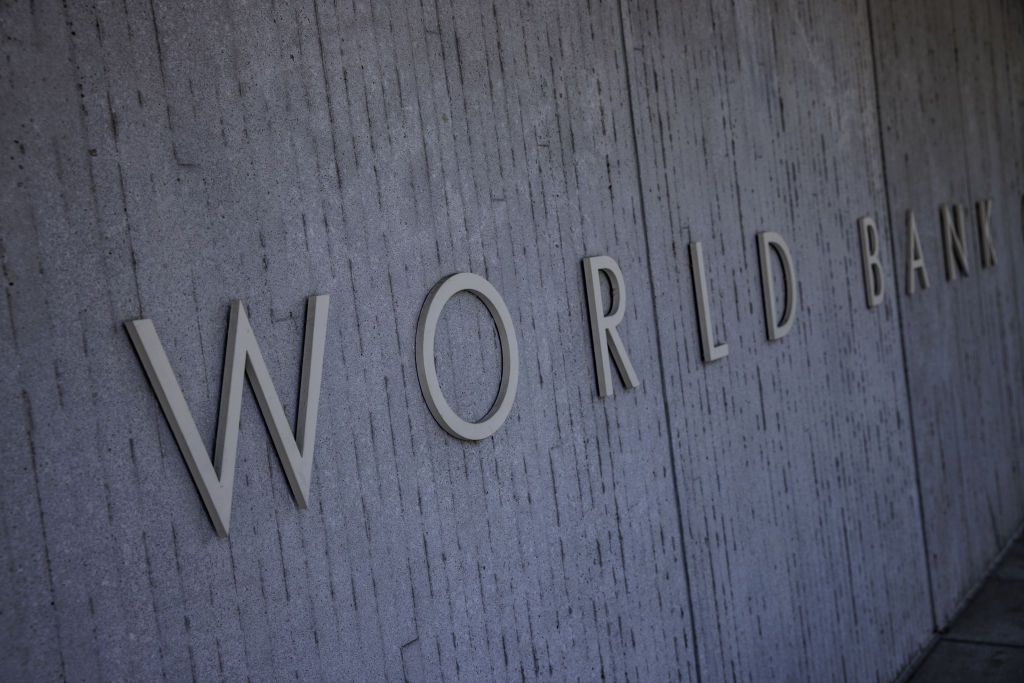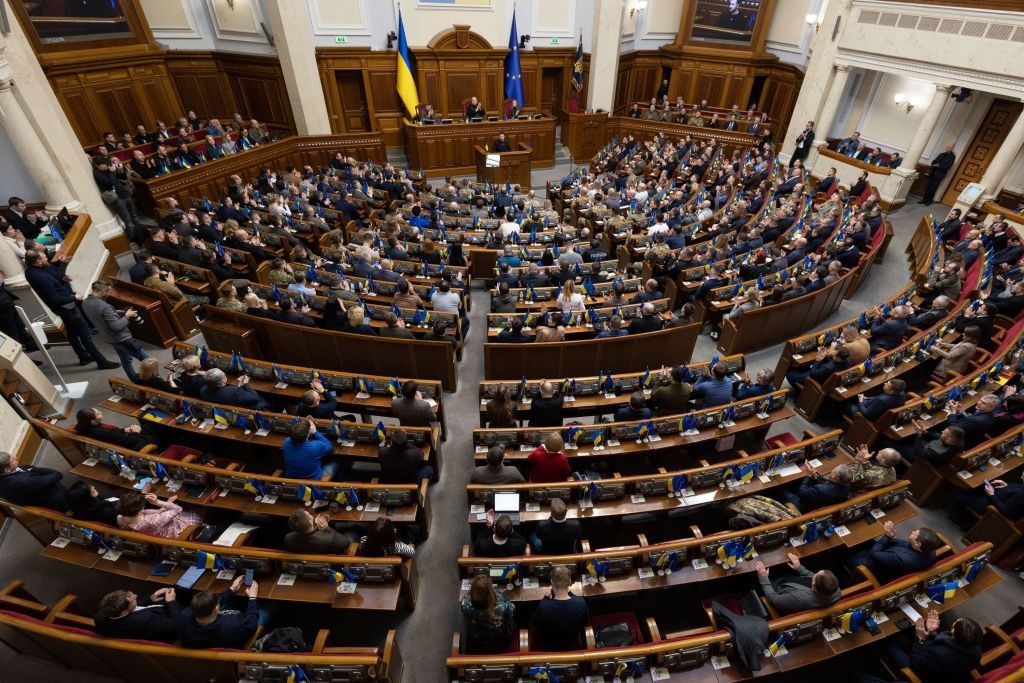Editor’s note: This is issue 65 of Ukrainian lawmaker Yaroslav Zhelezniak’s weekly “Ukrainian Economy in Brief” newsletter, covering events from July 8-14, 2024. The digest highlights steps taken in the Ukrainian parliament related to business, economics, and international financial programs.
The Kyiv Independent is republishing with permission.
Benchmarks and soft commitments in the memorandum with the IMF
A working group finalized a draft law on customs reform.
A working group of the Tax Committee finalized for the second reading draft law #6490-d on the restart of the State Customs Service (SCS). During the meeting of the working group the State Customs Service and the Finance Ministry agreed with the text.
All key provisions of the draft law on customs reform are designed in line with the adopted draft law on the restart of the Bureau of Economic Security which was supported by all international partners. Among those are:
- relaunch of the competitive procedure for the selection of the SCS Head which will be conducted by a commission of six people, three of whom will be international experts with a casting vote;
- re-attestation of management will be conducted within 18 months from the appointment of the new Head of the SCS. Re-attestation of all other employees is extended to three years from the appointment of the new Head of the SCS because there are 10 thousand employees in the SCS when in the ESBU there are only 1,200 employees;
- attestation commissions for management positions consist of 12 members, six of whom are chosen by international partners based on proposals from the Ukrainian business community. Attestation commissions for other employees will be formed by the new Head of the SCS;
- ensuring the political independence of the Chairman of the State Security Service: dismissal based on the conclusion of the independent external audit.
Moreover, the draft law suggests increasing wages for custom servicemen.
The Committee on Finance, Tax and Customs Policy will likely consider the draft law at the end of August.
The Verkhovna Rada adopted a draft law for debt restructuring.
The parliament adopted in both readings draft law #11396 which gives a right to the Cabinet of Ministers to suspend payments on the external state debt until Oct. 1, 2024 if an official agreement with creditors is not reached by August 10. It’s a technical step similar to one that was used in 2015 as one of the series of the outstanding Eurobonds due in 2026 has a scheduled coupon payment on August 1.
The draft law also allows the government to take the state debt of Ukravtodor ($700 million + interest), as its legal successor, the Reconstruction Agency, won’t be able to do the restructuring on its own.

The Parliament adopted a draft law to restore medium-term local budgets.
The Verkhovna Rada adopted in both readings draft law #11131 with the amendments to the Budget Code to restore medium-term planning of local budgets. This step is among Ukraine’s intentions fixed in the Memorandum with the International Monetary Fund.
As we reported in Issue 63, the draft law restores medium-term planning of local budgets except for occupied territories or war zones, expands opportunities to use remaining funds, gives right for local councils to provide a financial guarantee for refinancing previously taken loans upon agreement with the Finance Ministry, allows local authorities not to apply the provisions of the Budget Code regarding the total volume of local debt for another 6 years until 2030.
Obligations to the EU
The Verkhovna Rada adopted three draft laws from the Ukraine Plan.
The Verkhovna Rada adopted in the first reading draft law #11063-d on the State Agrarian Register and the draft law #11310 on the basic principles of state climate policy.
Moreover, the Verkhovna Rada adopted in the second reading draft law #11355 on the prevention and control of industrial pollution which was submitted instead of the previously rejected draft law #6004-d.
All three legislative initiatives were designed to meet conditionalities of the Ukraine Plan within the Ukraine Facility program of financial support.
The Parliament adopted in the first reading a draft law which will allow anyone involved in corruption crimes to redeem themselves from severe punishment.
Referring to the requirement of the Ukraine Plan within Ukraine Facility mechanism, lawmakers adopted in the first reading draft law #11340 with the amendments to the Criminal Code and the Criminal Procedure Code on increasing the effectiveness of plea agreements.
However, the current version of the draft law creates a loophole for the organizers of the corruption schemes, so that they can redeem themselves from responsibility.
The Specialized Anti-Corruption Prosecutor’s Office agreed with the conclusion of the Committee of the Verkhovna Rada of Ukraine on Anti-Corruption Policy regarding the presence of a corruption-inducing factor in this draft law.
According to NABU and SAP, the exposure of the organizers of the corruption criminal offense should be an integral condition for entering into plea agreements.
Previously, experts of Anti-Corruption Action Centre (AntAC) pointed out that the draft law allows those accused of corruption to be given a less severe sentence if they enter into a plea agreement and make full or partial restitution for their actions. At the same time, the draft law doesn’t oblige those accused of corruption to name accomplices and reveal other crimes known to them in order to reduce the punishment.
The AntAC experts emphasize that the draft law in the current government’s version will make it possible to make agreements even with the organizers of corruption schemes in exchange for their compensation for losses, even with the oligarchs such as Kolomoiskiy or Bakhmatyuk.
The Parliament adopted a draft law to increase excise taxes on fuel.
The Verkhovna Rada adopted in the second reading draft law #11256-2 on the gradual increase of excise taxes on fuel to the EU level.
As we reported in Issue 63, in particular, the excise taxes on liquefied gas were increased up to 150 euros instead of the minimum EU level of 70 euros.

Other key economic issues
The Government submitted draft laws on increasing defense expenditures and taxes.
On July 18, the Cabinet of Ministers submitted to the Verkhovna Rada draft law #11416 on increasing budget spending on defense and draft law #11417 which increases taxes.
Draft law #11416 suggests an increase in defense expenditures of Hr 495.3 billion ($12 billion), in particular for wages payments, procurements of military equipment and construction of fortification facilities. The draft also suggests reducing non-core budget expenditures by Hr 65 billion ($1.5 billion).
Draft law #11417 increases taxes to provide additional Hr 140 billion ($3.4 billion) of budget revenues. The draft law suggests increasing the military levy, in particular an increase of the rate of the military levy to the income up to 5%. Moreover, the draft law suggests establishing a specific rate of excise tax in the amount of 0.1 euros per 1 liter of sweet carbonated drinks and reducing the marginal value of parcels from abroad for VAT incentives from 150 euros to 45 euros.
The draft law can be considered in the parliament not earlier than on July 26. However, there should be enough votes to reduce time for consideration from 14 to 7 days and to include the draft law into the agenda. According to my information, there are not enough votes for this step among lawmakers.
Moreover, if the prime minister with the government will be dismissed this week as it’s expected, all the Cabinet of Ministers draft laws which haven’t passed the first reading will be called off, including these ones. In such a scenario the above mentioned draft laws on increasing defense expenditures and taxes can be considered not earlier than end-August. However, a lack of votes still will be a problem.
The Verkhovna Rada made a step to oblige state-owned enterprises (SOEs) to publish detailed prices of procurements for construction works.
The Parliament adopted in the first reading draft law #11057 on changes in public procurement procedures for the SOEs which requires from the state contracting authorities to publish the detailed cost estimate of construction works under the signed contracts.
As we reported in Issue 48, currently several provisions, including those adopted due to the martial law, give the SOEs a right not to show the detailed cost estimate within the procurements related to construction works which leads to abuse of the provision by SOEs.
The Сabinet of Ministers most likely won’t be dismissed in July.
During plenary meetings scheduled for July 23-26, the parliament was expected to consider personnel decisions regarding members of the current Cabinet of Ministers. In particular, it was expected that the prime minister would be dismissed with several ministers of the current Cabinet. However, after the weekend it seems that any of these decisions won’t be considered this week. Most likely the Ukrainian authorities will return to this discussion and decision not earlier than at the end-August.















